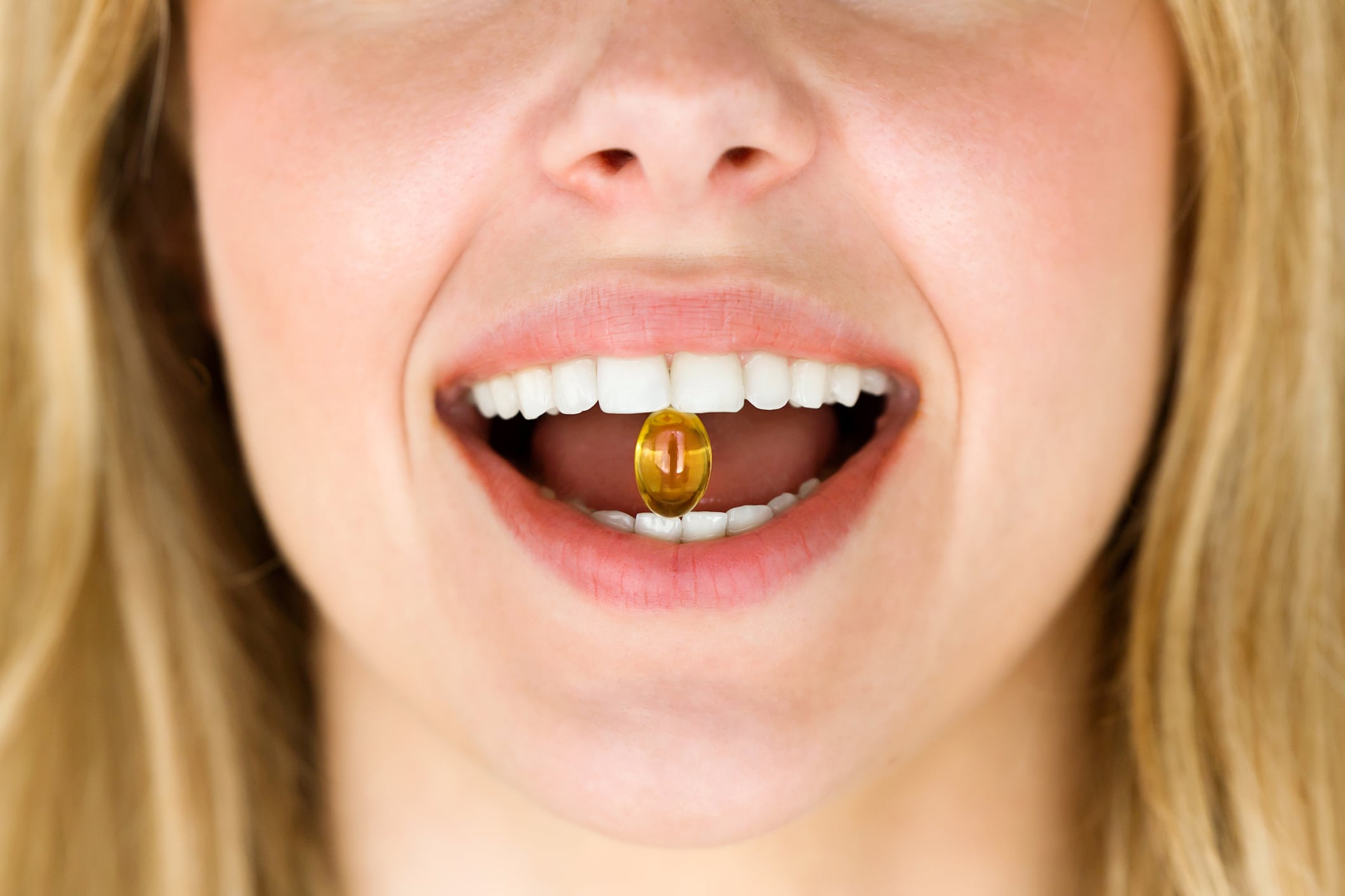However, growing awareness driven by science and media is shifting the spotlight towards the mouth, with a surge in oral probiotic products hitting the market.
One brand tapping into this emerging trend is Luvbiotics, a UK-based probiotic dental company founded by microbiologist Samangi Wijesena and her husband Sujith.
Founded in November 2020, Luvbiotics has bought a range of products to the market, from probiotic toothpastes and mouthwashes to lozenges with xylitol.
“The oral microbiome is the cornerstone of whole-body health, [yet], it has been overshadowed by gut-focused research and media, in part due to historical emphasis on antibacterial approaches that eradicated both bad and beneficial microbes,” Samangi told NutraIngredients.
“Today, momentum is shifting. Growing consumer awareness, influencer-led education, and cutting-edge research are highlighting the mouth as the next frontier in microbiome science. Luvbiotics is at the forefront of this paradigm shift.”
How does oral health affect overall wellbeing?
After receiving her master’s in medical microbiology from the London School of Hygiene and Tropical Medicine, Samangi developed an interest in probiotics and holistic wellbeing. She began exploring the latest scientific research and how the oral microbiome is interlinked with numerous systemic diseases.
“Pathogens migrate from the mouth to the gut, bloodstream, and lungs, impacting digestion, immunity, and inflammation. Oral bacteria can travel to the gut via saliva, swallowing or the bloodstream, influencing gastrointestinal health and microbiome balance,” she said.
“Microbial imbalance, or dysbiosis, is scientifically linked to non-communicable diseases such as cardiovascular disease, diabetes, rheumatoid arthritis, IBD, and neurodegenerative conditions such as Alzheimer’s,” she added.
With this in mind, Samangi and Sujith set out to create a range of products that could restore microbial balance. Luvbiotics use a range of scientifically studied strains, such as Lactobacillus reuteri, which can inhibit pathogens such as Streptococcus mutans, Porphyromonas gingivalis, and Fusobacterium nucleatum.
“At Luvbiotics, we stand apart by rethinking oral hygiene. Instead of a ‘kill-all’ mentality common in antibacterial products, we design formulations to nurture and rebalance the oral microbiome,” she said.
Do dentists recommend oral probiotics?
As the scientific literature continues to grow, many dental care professionals are beginning to recommend oral probiotics to their patients, such as Dr. Victoria Sampson, a functional dentist and researcher based in central London, and Scotland-based lifestyle dentist Dr. Maria Papavergos.
“Your mouth is the gateway to the rest of your body, and a healthy mouth sets the stage for a healthy gut and strong immune system,” said Dr. Sampson. “The bacteria in your mouth don’t just stay there—they travel when you swallow, breathe, and can move through your blood stream to other organs.”
“Oral probiotics can help improve oral health by introducing beneficial bacteria that balance the oral microbiome, reduce harmful species, and support gum and tooth health. Many of us do not have good levels of good bacteria in our mouths due to our habits, lifestyle and oral hygiene. There is now a general move towards taking probiotics to replace bad bacteria in your mouth with good ones, as opposed to using strong antibacterial mouthwashes to wipe everything out.”
Dr. Sampson says effective oral health products should contain clinically studied probiotic strains, which are shelf-stable and can be formulated for delivery to the mouth, i.e. through lozenges or chewables. She notes they should also be easy to use and taste good to encourage consumer conformity.
Dr. Papavergos notes that these products should be used in conjunction with a good diet and oral health routine, and consumers should also avoid products with artificial chemicals, such as Sodium Lauryl Sulphate (SLS), which can be an irritant.
“It’s important to regularly remove the biofilm, where harmful bacteria accumulate, with an effective oral hygiene routine,” she said. “[It is also important to] eat a balanced, anti-inflammatory diet and plenty of fresh fruit and vegetables. Try to avoid processed foods and adding sugar to food, as well as limiting white carbohydrates and foods containing free sugars.”
Looking ahead
With dentists now beginning to endorse probiotics for oral health, Samangi says consumer perceptions are shifting, with many looking for natural, preventative microbial solutions to dental care. Large retail chains such as Holland and Barret are also beginning to lean into dental microbiome-friendly ranges.
Indeed, global forecasts predict the global oral and dental probiotics market size to reach $6.5 billion by 2033, rising from $3 billion in 2024, according to Business Research Insights.
“This growth is fuelled by rising interest in preventive health, clean-label products, and microbiome-aware consumers, particularly in US, China, Korea, Singapore, where such products are already mainstream,” Samangi said.
Sujith and Samangi say their goal is to now build a larger body of evidence highlighting the links between oral microbial dysbiosis and poor health outcomes, an area of research that is currently lacking.
“We recognize this critical gap and are committed to filling it. We have been deeply inspired by thousands of unsolicited testimonials from our customers,” they said. “These personal success stories are the driving force behind our ambition to formalize this evidence through structured consumer trials and eventually clinical studies.”


